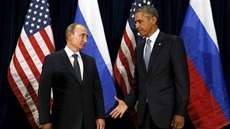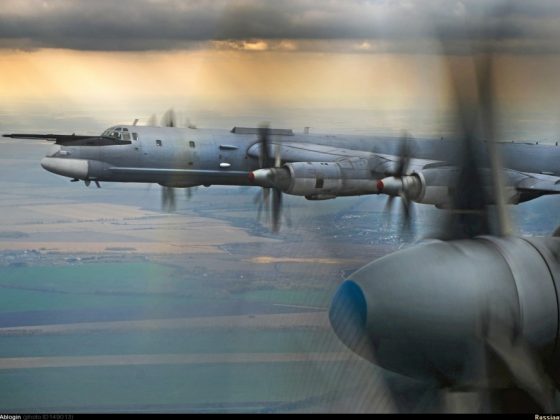(Brookings) (Co-authored with J. Shapiro) All is not well in U.S.-Russia relations. Russia’s annexation of Crimea and aggression in eastern Ukraine—and its new airstrikes in Syria—have brought the two to lows not seen since the Cold War. Presidents Obama and Putin sniping at each other from the rostrum of the U.N. General Assembly only accentuated that divide.
But does this incipient enmity mean that a new Cold War is inevitable? Andrej Krickovic and Yuval Weber, in a recent post on this topic, argued that avoiding a new Cold War requires a new security framework for Europe. But they don’t think that such a framework can be achieved.
We share their skepticism. One would have to be either ignorant of political realities or hopelessly naïve to be optimistic about such prospects under current circumstances. But we are not prepared to surrender and accept what would be an incredibly costly new Cold War, or perhaps even worse. Military expenditures by the United States alone were around $18 trillion during the Cold War. The conflict destabilized nearly the whole world, presented a constant fear of catastrophic nuclear war, and at times even threatened American democracy. Recognizing just how bad such an outcome would be should focus minds and change political calculations. […]
Read More © The Brookings Institution











